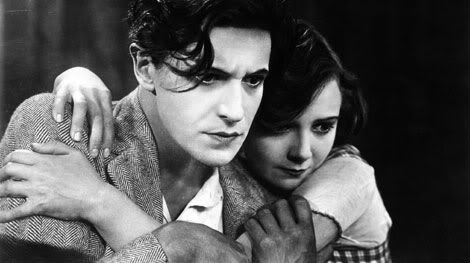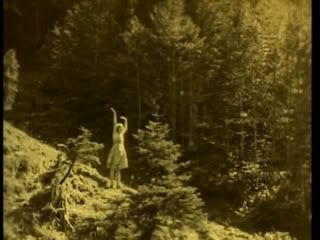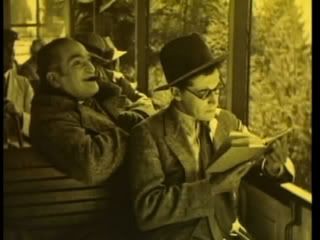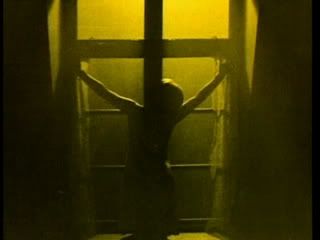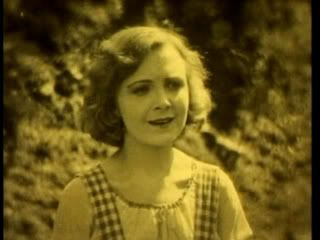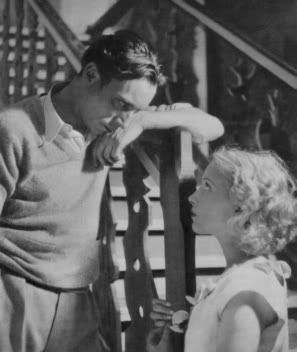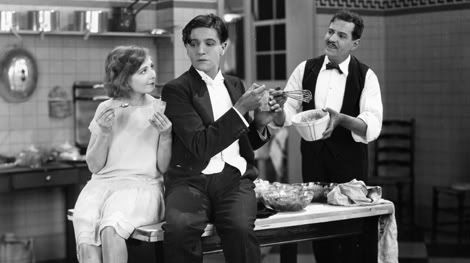
The Constant Nymph (1928, Adrian Brunel) with Ivor Novello, Mabel Poulton, Elsa Lanchester and Benita Hume
Lewis Dodd (I. Novello), a bohemian composer visits his friend Sanger and his large family in Switzerland. Sanger dies leaving behind him his daughters penniless ...
Margaret Kennedy's novel was adapted several times for the screen. The first time being this charming British silent feature directed by Adrian Brunel. I was in London over the WE where I caught a rare screening at the National Film Theater. I was already familiar with the 1943 version directed by Edmund Goulding and starring Joan Fontaine. I have to say that this silent version is certainly superior in many aspects. First, the casting is ideal with a young Mabel Poulton who looks like a teenager effortlessly compared with the (often brilliant) composition of Joan Fontaine. As for Ivor Novello who was the heartthrob of British screens in the 20s, he is far younger and more believable than the older Charles Boyer. Secondly, the film benefits also from its shooting on locations in the Alps that gives it a freedom that is sadly lacking in the claustrophobic studio production of 1943. And lastly, British cinema in the 20s had more freedom to deal with the love-story between a teenager and an adult than Hollywood in the 40s. If you are familiar with the story line, it's about a bohemian composer, Lewis Dodd who marries a socialite from London. He realises quickly they are too different to get on. One comic scene says it all. She organises a posh party with her friends to introduce her husband. He ends up in the kitchen with a few guests who can't stand it either. In the middle of the crowd, one can recognise a young Elsa Lanchester who plays an eccentric and funny snob. Lewis has always been fond of little Tessa Sanger, his friend's daughter. He then realises he had always loved her. They decides to elope together. Alas, Tessa dies during the travel, due to her weak heart. The elopement has been eliminated from the Hollywood version, of course. The film is divided in two distinct part from lighthearted comedy in the Sanger household to the tragedy of Tessa's death in Lewis' arms. Adrian Brunel is not a very imaginative director but the whole film stands its own. Mabel Poulton absolutely shines as Tessa; she was rightly proud of her performance. The film was accompanied by the talented pianist John Sweeney who gave the film an equal measure of comedy and pathos. Overall, it's a very worthy British silent.
